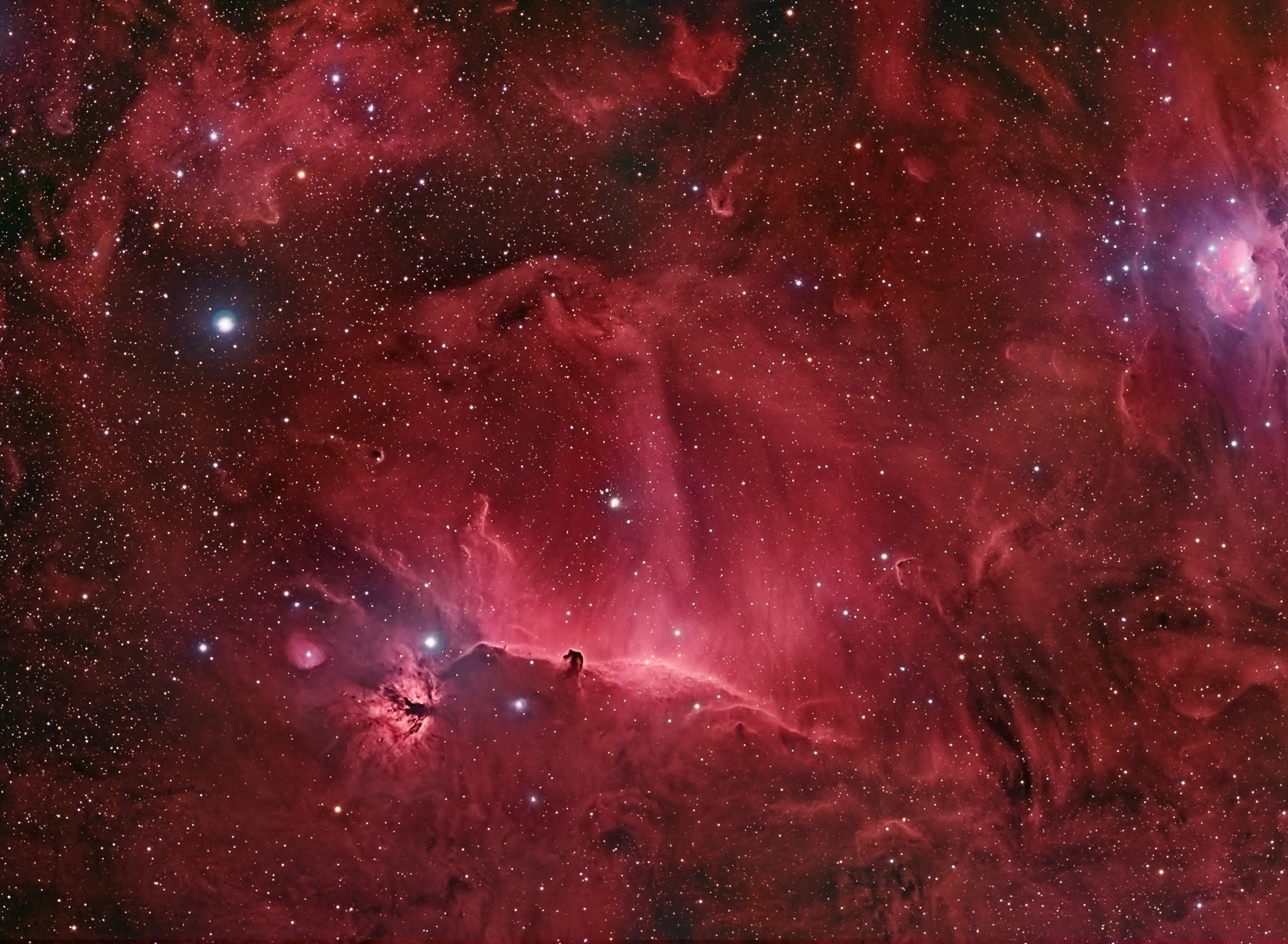October is a fascinating month for star gazing. A very special thing happens because the nights are getting longer and the sun doesn't rise until after 7:00 am throughout the month, so the view of the sky in the morning is quite nice and is worth an extra look this week. The diagram shows that the waning crescent moon is creating some beautiful patterns in the morning sky. Looking due east from 6:00 to 7:15 am you can see the bright star Regulus and the planet Saturn dominate the sky. The waning moon is just below this pair and is quickly getting thinner and lower on the mornings of October 18th and 19th. It is always a challenge to see a thin crescent moon but it is worth finding a clear eastern horizon because a thin crescent moon always has a deep glow of "earthshine" glowing on it.
Earthshine is the light of the earth reflected onto the moon. It creates a beautiful glow on the crescent moon and illuminates the dark portion quite well. Think of Earthshine as you would the bright glow around you at night under a full moon. Well, when the moon is a thin crescent the moon is experiencing a "full earth" which makes the dark moon surface glow an eerie grey-white color.
Fall mornings also offer another special reward: you are getting a sneak-preview of the winter sky. The sky at 6:00 am is the same sky you will see in the evening in winter. This includes favorite constellations such as Orion, bright stars such as Sirius, and bright clusters such as the Pleiades. I enjoy these sights when I step outside early in the morning to get the newspaper. I can't help but walk out and gaze at the splendor of the winter sky. Take a few moments some time soon and see it for yourself.
Subscribe to:
Post Comments (Atom)





No comments:
Post a Comment